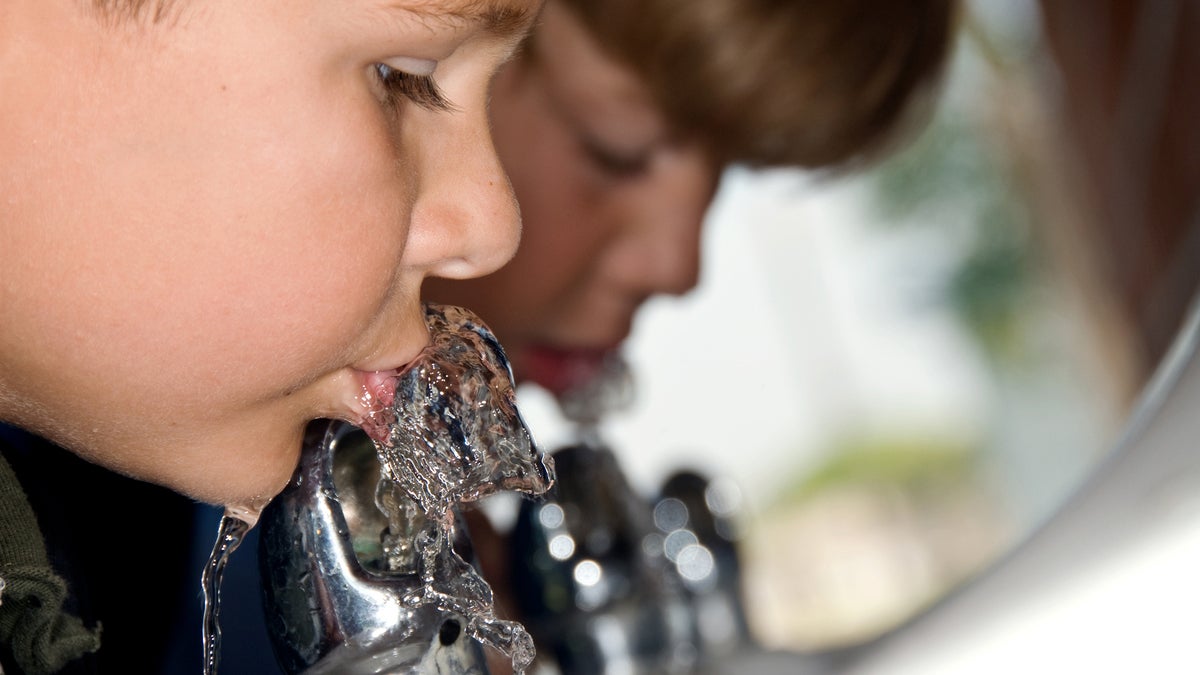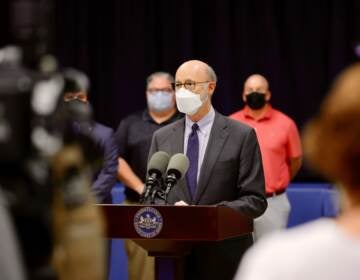Lawmakers attempt to tackle high lead levels in Pa. schools
Legislation sponsored by Rep. Karen Boback would require all schools test for lead every two years and install filters or other fixes for any level above 5 parts per billion.

A U.S. Government Accountability Office survey polled school districts across the country on testing for lead in drinking water in 2017. Fewer than half of those surveyed did testing; of those that did, more than a third found elevated levels. (Bigstock/Kelpfish)
Some Pennsylvania lawmakers and environmental advocates are working together to lower the lead levels in drinking water at schools.
The problem extends beyond the commonwealth. Nationally, there’s no requirement that schools be tested for lead at all.
After reviewing 16 state laws on testing school water for lead, advocacy group PennEnvironment gave Pennsylvania — and 11 other states — an F.
A limited USA Today study also found that, between 2012 and 2015, water in Pennsylvania schools and day cares failed to meet EPA lead standards at the second-highest rate nationally.
Legislation sponsored by Rep. Karen Boback, R-Luzerne, would require all schools test for lead every two years and install filters or other fixes for any level above 5 parts per billion.
That’s more rigorous than the Environmental Protection Agency’s 15 ppb standard.
It seems like an obvious move, said Stephanie Wein of PennEnvironment.
“There is residential testing done for lead in drinking water. That’s standardized,” she said. “Because there is no federal regulation that forces testing in school drinking water, there’s actually this huge gap. So this seemed like we could make a difference as quickly as possible.”
It’s unclear how much testing and remediation would cost, or where funding would come from. The bill leaves that up to the state Departments of Environmental Protection and Education.
“When you think of the long-term costs of the developmental delays and the loss of IQ points that come with early-life lead exposure, it seems like a pretty good deal,” Wein said.
The bill currently has 50 co-signers, from both sides of the aisle.
It’s inspired by similar standards introduced in Philadelphia schools — though it would allow even less lead in drinking water.
WHYY is your source for fact-based, in-depth journalism and information. As a nonprofit organization, we rely on financial support from readers like you. Please give today.




